Stay in Touch
Nashipay Maasai Initiatives (NMI)
Registration Number 00NGO/R/2075
P.O. Box 14937 Arusha Tanzania
nashipayinitiatives@gmail.com
WhatsApp: +255 767 964 338

We are connecting children with their dreams and creating agents of change for the Nashipay Maasai School is in the Maasai region of Tanzania, approximately 100 km southwest of Arusha, Tanzania and 210 km South of the Kenya and Tanzanian border.
The entire school has clean running water and electricity generated from solar panels.
The school started with 13 students in 2013, and by 2023, the school has 350 students, boys and girls. The girls constitute 60% percent of school enrollment.
The students range from 4 to 15 years of age. With new dormitory facilities 30% of our studetns are boarders from all over Maasai land. The school has been a model of success for the entire Monduli District. In 2021 Nashipay Primary School was rated the best boarding school in Monduli. Since 2021 over 100 students have graduated successfuly and joined high schools in different parts of Tanzania.
The most unique approach about Nashipay maasai School is the western and Maasai integrated curriculum.
Such approach has never before been attempted. Following are subjects taught at Nashipay Maasai School.
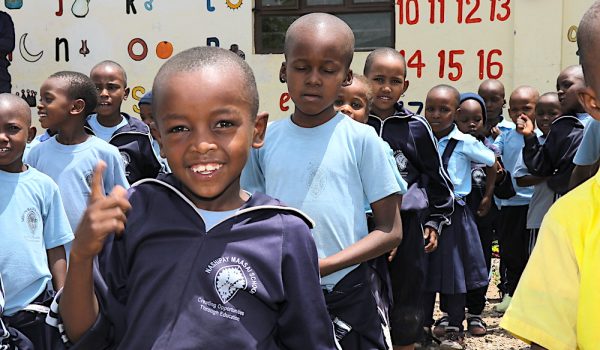
The integration of western and Maasai educational learning systems is vital to the successof the Maasai people, following the priorities, needs and interest of the Maasai community.
Such an integrated learning system allows Maasai children to be effective locally and outside Maasai boundary.
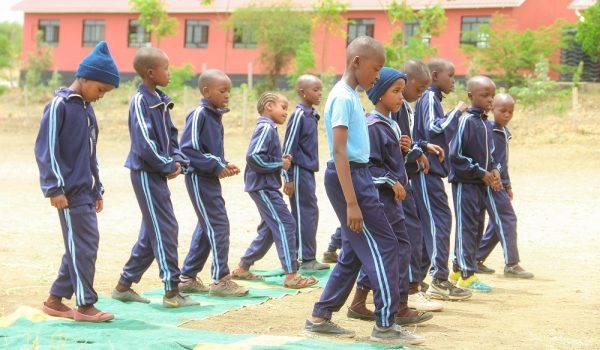
350 US$ and up. Each villager with a child in school has to sell a goat, sheep or cow, every three months, for boarding fees, uniform, desk, and extra learning materials for his/ her child.
These items cost each parent an estimated $220 a year. It is mandatory for each child to wear school uniform in Tanzania’s primary schools.
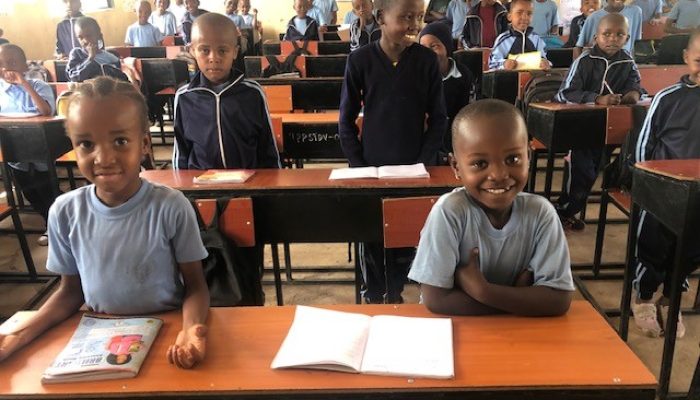
Breakfast, Lunch and Dinner is served to students every day, five days a week.
Without this program most students would not be able to attend afternoon classes, as many of them are coming from Maasai families that live below Maasai Poverty line and come from villages Three to five miles away from the school.
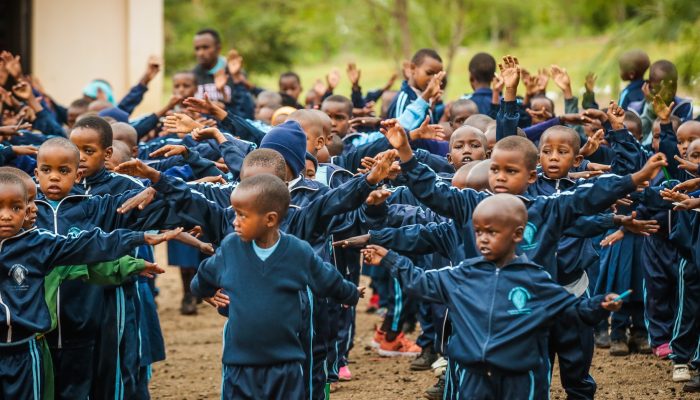
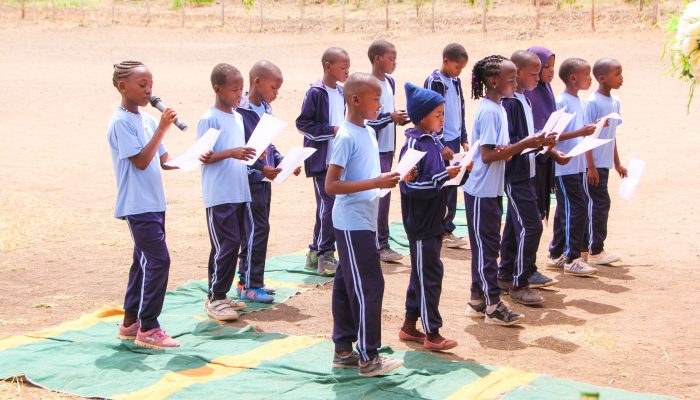
The school has eleven (18) teachers. The Nashipay Maasai Initiatives all of them on Monthly basis.
We are in need of Teachers accommodation at school with running water.

The school is managed by a committee, a group of 12 men and women, collectively appointed by members of Makuyuni community. Each community member participates in the decision-making processes including the evaluation of teaching methodologies and school projects.

Nashipay Maasai School is rated top 5 best schools in Monduli District in Arusha Region, Tanzania.
The Council of Elders encourages self-discipline rather than discipline through foreign rules. Younger students are encouraged to become positive role models for future generations.
This idea cultivates the Maasai traditional principle of intergenerational support system.
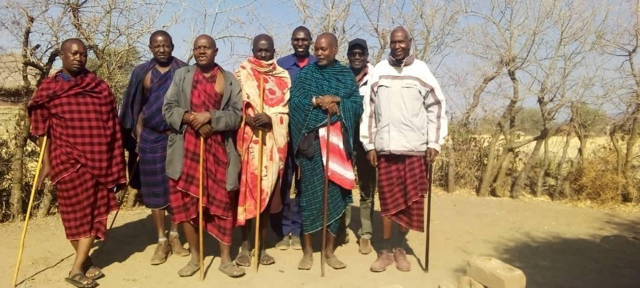
The Maasai depends on its generations. Future generations depend on efforts from fore generations.
A successful community depends on responsible and proud citizens. Nashipay Maasai Inintiatives strive to see this in the all Maasai school.
Today’s children are leaders for tomorrow. Our aim is to educate Maasai children and enable them to make a strong contribution to the ongoing needs of the Maasai community. This philosophy nurtures the values of a strong community.
The Nashipay Maasai School is not affiliated with any religious or political organization, and does not discriminate against gender, race, color, or religion.
Registration Number 00NGO/R/2075
P.O. Box 14937 Arusha Tanzania
nashipayinitiatives@gmail.com
WhatsApp: +255 767 964 338